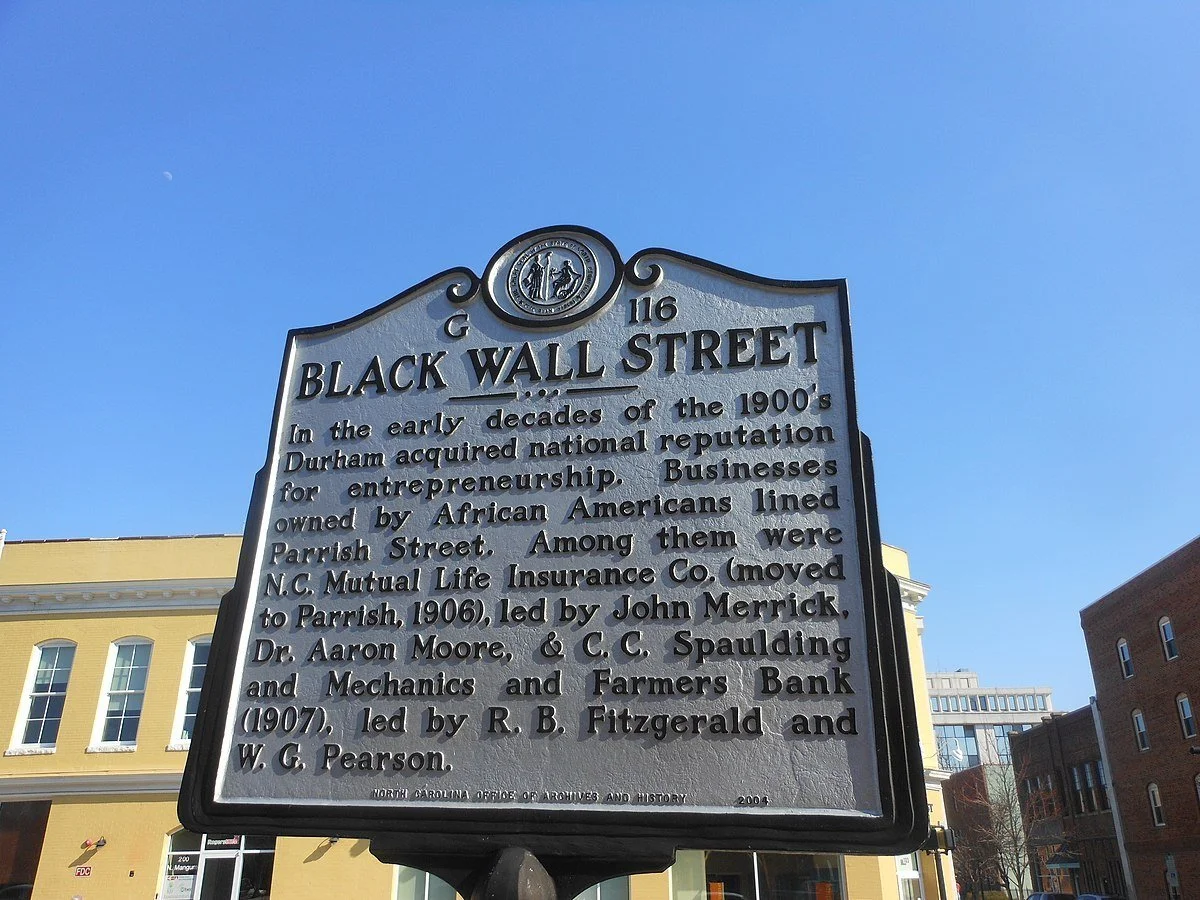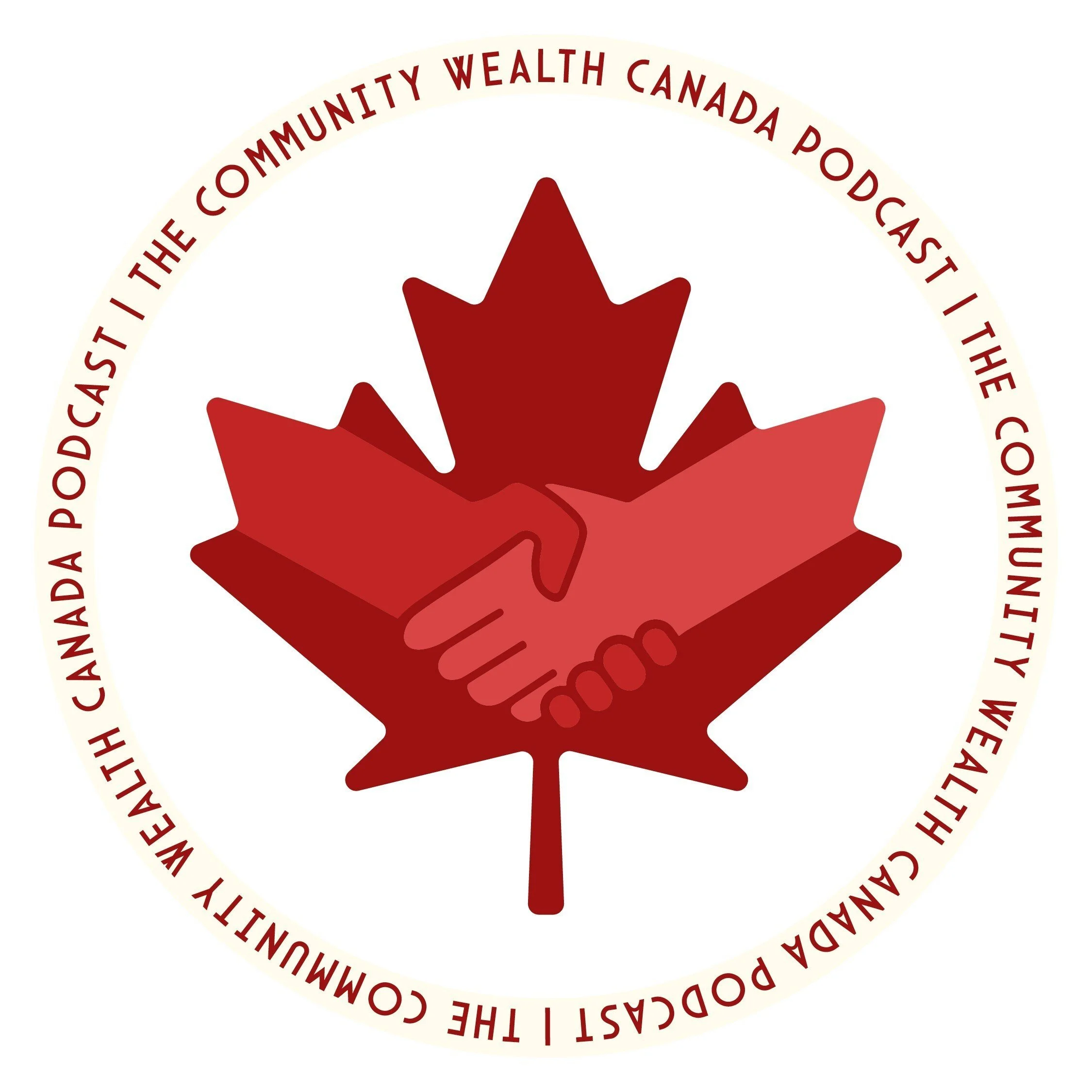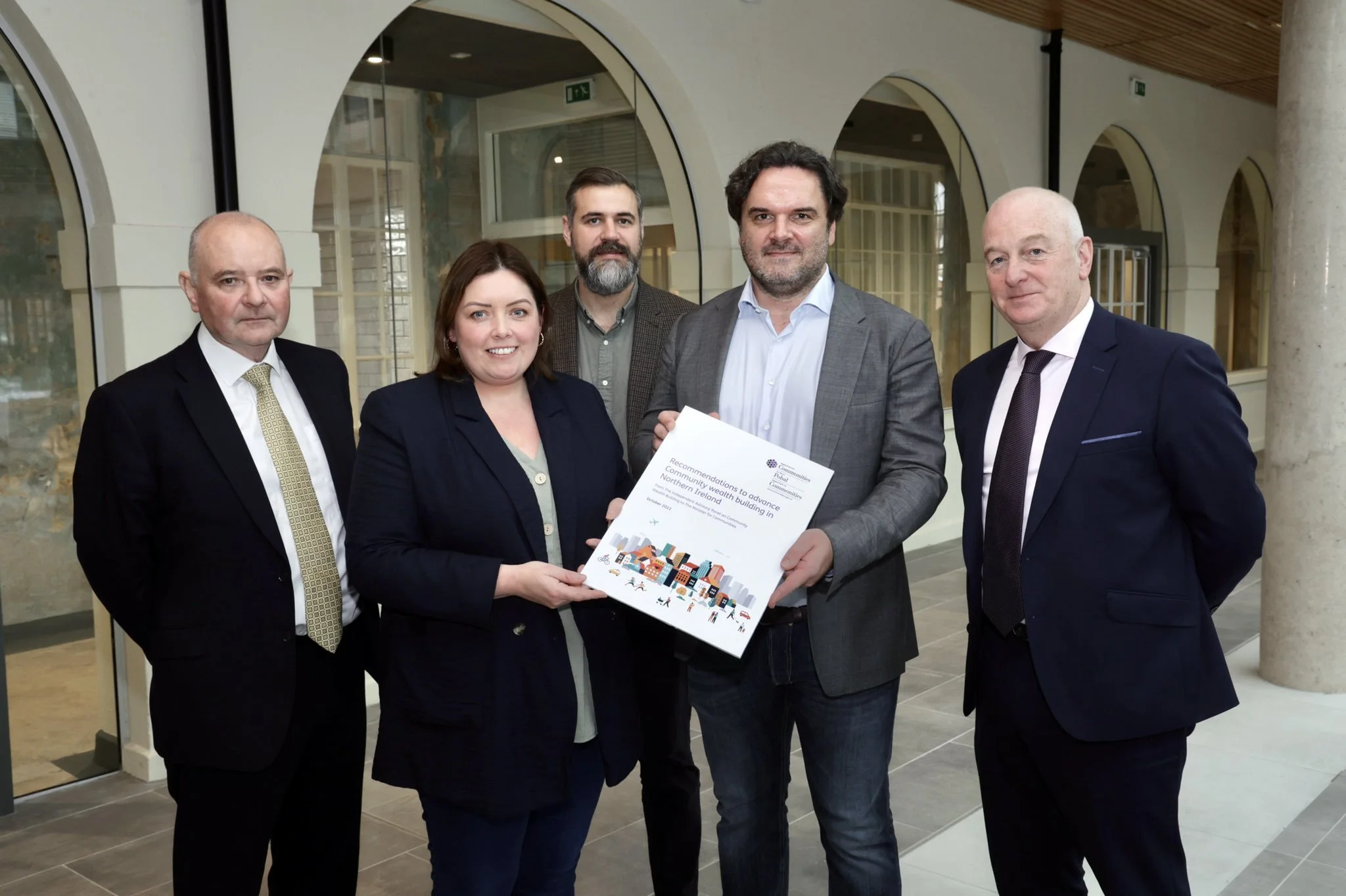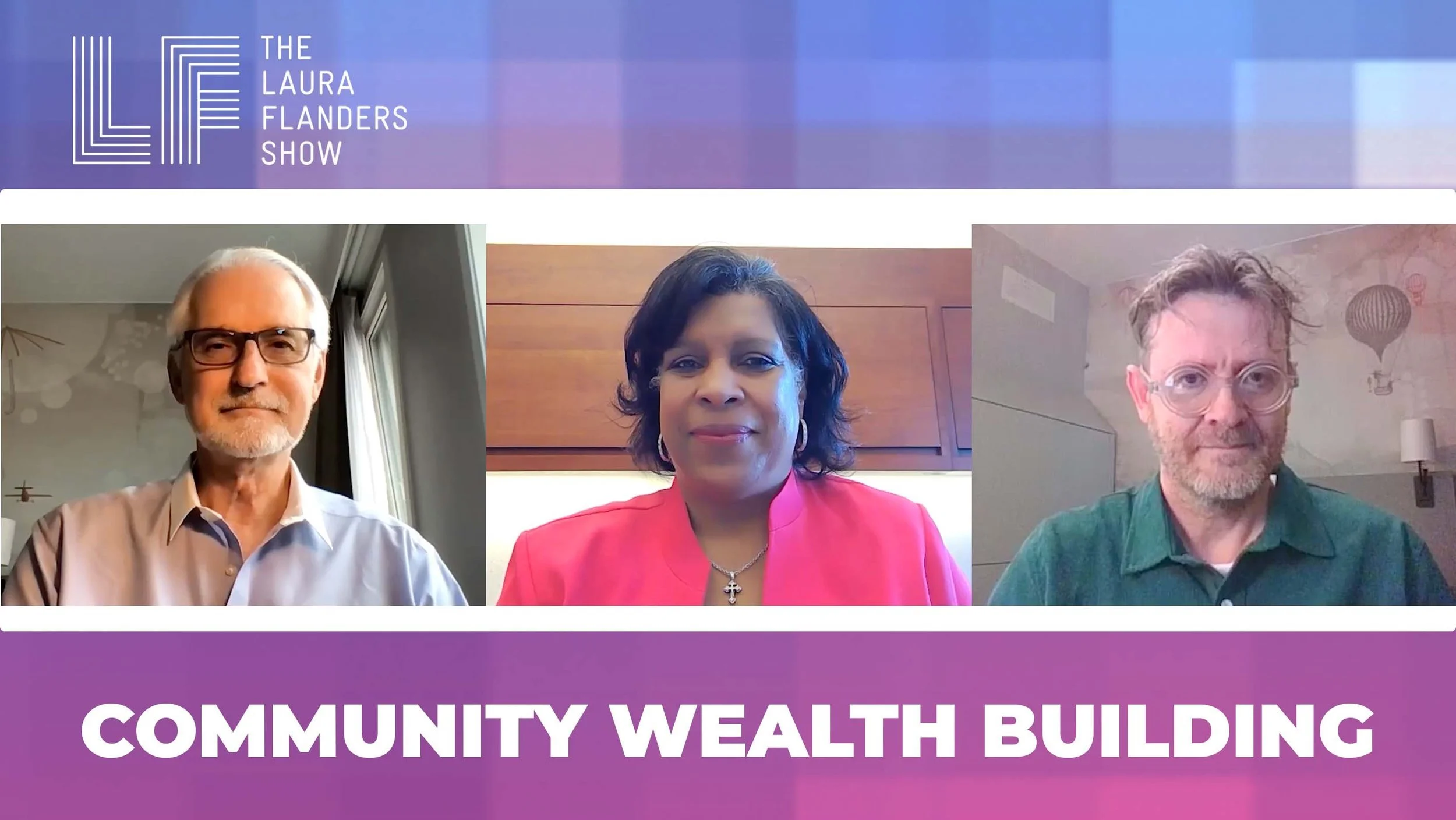On continuing the legacy
Working with my colleague Stephanie McHenry, our new Chief Executive Officer, we will bring new energy and focus to TDC’s mission of political-economic institutional change. We want to see a new era of Community Wealth Building and democratic economy policy and strategy, to show that there are real alternatives, powerful answers that already work on the ground and can now be im
Remarks on Launch of Northern Ireland’s Minister’s Advisory Panel Report
Northern Ireland’s Minister for Communities, Dierdre Hargey, formally accepted a report from her independent Minister’s Advisory Panel on Community Wealth Building. Joe Guinan, one of the panel members, was there to deliver remarks on this momentous occasion.
Landback through Land Reform
In recent years, it has become increasingly common to acknowledge the original indigenous inhabitants of land on which current activities take place. However, these rhetorical land acknowledgments are meaningless without concrete steps to address and rectify the theft and expropriation of land that took place. So, what could a reparative program look like? Read on to find out.
New Community Wealth Building Provisions Signed into Law by President Biden
The CHIPS and Science Act that President Biden signed into law this month included community wealth building provisions that The Democracy Collaborative helped develop with Congressman Jamaal Bowman (NY-16).
Community wealth building showcased on The Laura Flanders Show
Award-winning journalist Laura Flanders has just released a half hour documentary called “Community Wealth Building: An Economic Reset.” The film traces the evolution of Community Wealth Building from its origins in Cleveland Ohio with the Evergreen Cooperatives to the “Preston Model” in England, and on to North Ayrshire in Scotland where the city council has initiated a comprehensive CWB strategy.
Scotland the Brave: Community wealth building makes national progress
A landmark moment in the CWB movement took place on May 25 when Tom Arthur, the Scottish Minister For Public Finance, Planning and Community Wealth, led a Scottish Parliament debate on CWB. (Watch it here, starting at 14.54). The government now plans to submit national CWB legislation for consideration later in 2023.
A brief history of community wealth building
Community wealth building (CWB) has a rich history, inspired by global movements to address economic inequalities – from the modern cooperative endeavors of Ujamaa in Tanzania and the Mondragon Cooperatives in the Basque Coast of Spain, through European welfarism and socialism to the laboratories of democracy in the US that bubbled up during the New Deal to become our social security system.
Challenges addressed by community wealth building
The challenges our cities and communities face in this moment are many: a fair and equitable recovery from the COVID-19 pandemic. Staving off climate catastrophe. A long-overdue reckoning with systemic racism and injustice. War and global instability. Each threatens the lives and livelihoods of all people, and especially the poor and working-class people in front line communities.
Where is CWB happening?
Community Wealth Building is happening in many areas across the US and globally. As mentioned above, CWB is helping cities and localities bring all of these elements together for the first time in a strategic, holistic way. Many are already deploying elements of CWB across the different pillars in bespoke ways. The key, however, is bringing all the elements together as the Wedge.
How is community wealth building practiced?
The crises we face are driven by the extractive nature of our existing system – concentrated ownership, community disinvestment, attacks on labor, environmental degradation, and structural social and racial injustice.
Delivering community wealth for all
TDC has been pioneering community wealth building since 2005. Over the course of these last two decades, we have steadily grown community wealth building (CWB) as a concept and practice, working with valued funders and partners across the US and beyond.
Use the post office as a banking lifeline
A banking crisis and economic downturn more than a century ago brought postal banking to America’s shores. During the current crisis, millions of people have to wait months for government stimulus checks, and commercial banks have either balked at or buckled under the task of getting billions of dollars in aid to endangered small businesses.
The promise of public pharma
Momentum is growing around state-based efforts to disrupt the US pharmaceutical market and assure both affordable and equitable access to essential medicines through public production.




















